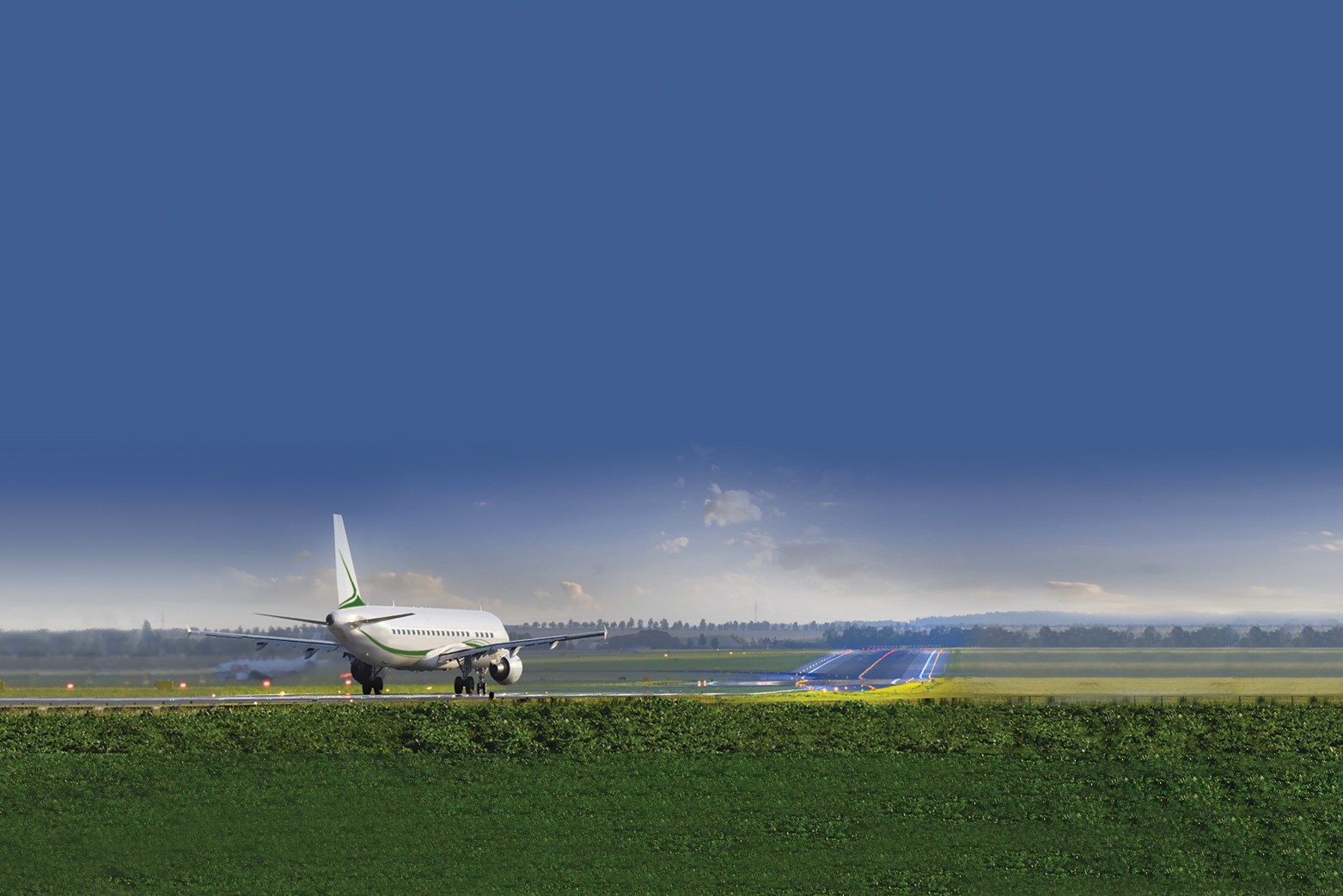
Corsica is a Mediterranean gem with a rich history, stunning landscapes, and unique culture. But what makes this island truly special? Corsica boasts a blend of French and Italian influences, evident in its cuisine, language, and traditions. Did you know that Napoleon Bonaparte was born here? This island is also home to some of the most beautiful beaches and rugged mountains in Europe. Whether you're a history buff, nature lover, or foodie, Corsica has something for everyone. Ready to learn more? Here are 20 fascinating facts about this enchanting island that will make you want to pack your bags and visit immediately!
Corsica: The Island of Beauty
Corsica, a Mediterranean gem, boasts a rich history, stunning landscapes, and unique culture. This French island has captivated many with its charm and beauty. Here are some fascinating facts about Corsica.
-
Birthplace of Napoleon Bonaparte
Napoleon Bonaparte, one of history's most famous military leaders, was born in Ajaccio, Corsica, in 1769. His childhood home is now a museum. -
Fourth Largest Mediterranean Island
Corsica is the fourth largest island in the Mediterranean Sea, after Sicily, Sardinia, and Cyprus. Its diverse terrain includes mountains, forests, and beautiful beaches. -
Mountainous Terrain
Two-thirds of Corsica is covered by mountains. Monte Cinto, the highest peak, stands at 2,706 meters (8,878 feet). -
GR20 Hiking Trail
The GR20 is one of Europe's toughest long-distance hiking trails. It stretches about 180 kilometers (112 miles) and takes around 15 days to complete. -
Unique Language
Corsican, a Romance language closely related to Italian, is spoken by many locals. French is the official language, but efforts are made to preserve Corsican.
Rich Cultural Heritage
Corsica's culture is a blend of French and Italian influences, with unique traditions and customs. Let's explore some cultural highlights.
-
Polyphonic Singing
Corsican polyphonic singing, known as "Paghjella," is a traditional form of vocal music. It involves three male voices singing in harmony. -
Festivals and Celebrations
Corsica hosts numerous festivals, such as the Calvi on the Rocks music festival and the Fiera di u Casgiu cheese fair. These events showcase local culture and traditions. -
Distinctive Cuisine
Corsican cuisine features local ingredients like chestnuts, wild boar, and brocciu cheese. Dishes like "civet de sanglier" (wild boar stew) are popular. -
Traditional Crafts
Corsican artisans produce unique crafts, including knives, pottery, and textiles. The island's markets are great places to find these handmade items. -
Corsican Flag
The Corsican flag, featuring a Moor's head, symbolizes the island's history and identity. It dates back to the 18th century.
Natural Wonders
Corsica's natural beauty is unparalleled, with diverse landscapes and protected areas. Here are some natural wonders you shouldn't miss.
-
Scandola Nature Reserve
The Scandola Nature Reserve, a UNESCO World Heritage site, is known for its dramatic cliffs, sea caves, and rich marine life. -
Calanques de Piana
The Calanques de Piana are stunning red granite cliffs that plunge into the sea. This area is perfect for hiking and photography. -
Lavezzi Islands
The Lavezzi Islands, located south of Corsica, are a group of small granite islands with crystal-clear waters. They are a popular spot for snorkeling and diving. -
Restonica Valley
The Restonica Valley, near Corte, offers breathtaking scenery with its gorges, rivers, and mountain lakes. It's a haven for hikers and nature lovers. -
Aiguilles de Bavella
The Aiguilles de Bavella are striking rock formations in the Bavella Pass. This area is known for its challenging hiking trails and scenic views.
Historical Sites
Corsica's history is reflected in its ancient ruins, fortresses, and historic towns. Discover some of the island's most significant historical sites.
-
Filitosa
Filitosa is an archaeological site with prehistoric stone carvings and megaliths. These ancient structures date back to around 3300 BC. -
Bonifacio Citadel
The Bonifacio Citadel, perched on limestone cliffs, offers stunning views of the Mediterranean. This medieval fortress has a rich history and charming old town. -
Corte
Corte, once the capital of Corsica, is home to the Citadel of Corte. This historic town is also the site of the University of Corsica. -
Ajaccio Cathedral
Ajaccio Cathedral, where Napoleon Bonaparte was baptized, is a beautiful example of Baroque architecture. It houses several important artworks. -
Genoese Towers
Corsica's coastline is dotted with Genoese towers, built in the 16th century to protect against pirate attacks. Many of these towers still stand today.
Corsica's Unique Charm
Corsica's unique charm lies in its blend of natural beauty, rich history, and vibrant culture. From its rugged mountains to pristine beaches, this Mediterranean island offers something for everyone. The island's history is a tapestry of influences, from ancient Greeks to French rule, each leaving a distinct mark. Corsican cuisine, with its mix of French and Italian flavors, is a treat for food lovers. Local festivals and traditions keep the island's culture alive and thriving. Whether you're exploring ancient ruins, hiking scenic trails, or simply enjoying the local cuisine, Corsica promises an unforgettable experience. Its unique blend of natural wonders and cultural richness makes it a must-visit destination. So, pack your bags and get ready to explore the many facets of this enchanting island. Corsica awaits with open arms and endless adventures.
Was this page helpful?
Our commitment to delivering trustworthy and engaging content is at the heart of what we do. Each fact on our site is contributed by real users like you, bringing a wealth of diverse insights and information. To ensure the highest standards of accuracy and reliability, our dedicated editors meticulously review each submission. This process guarantees that the facts we share are not only fascinating but also credible. Trust in our commitment to quality and authenticity as you explore and learn with us.


